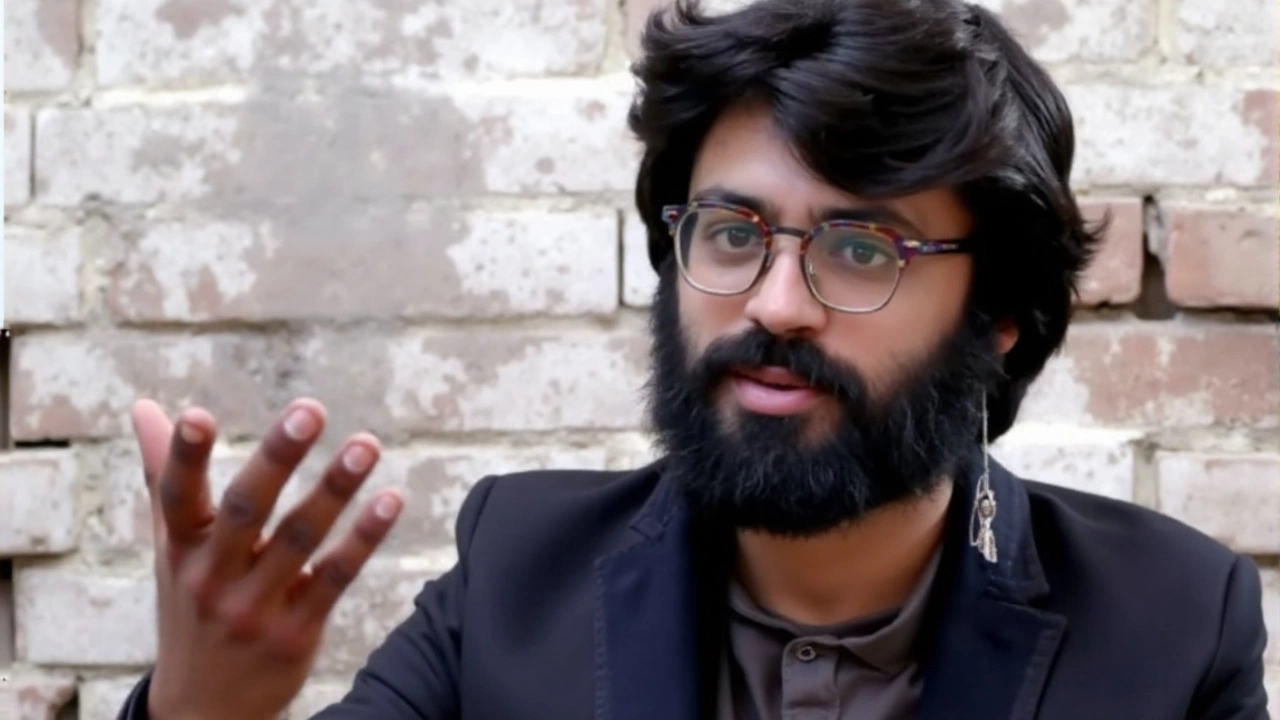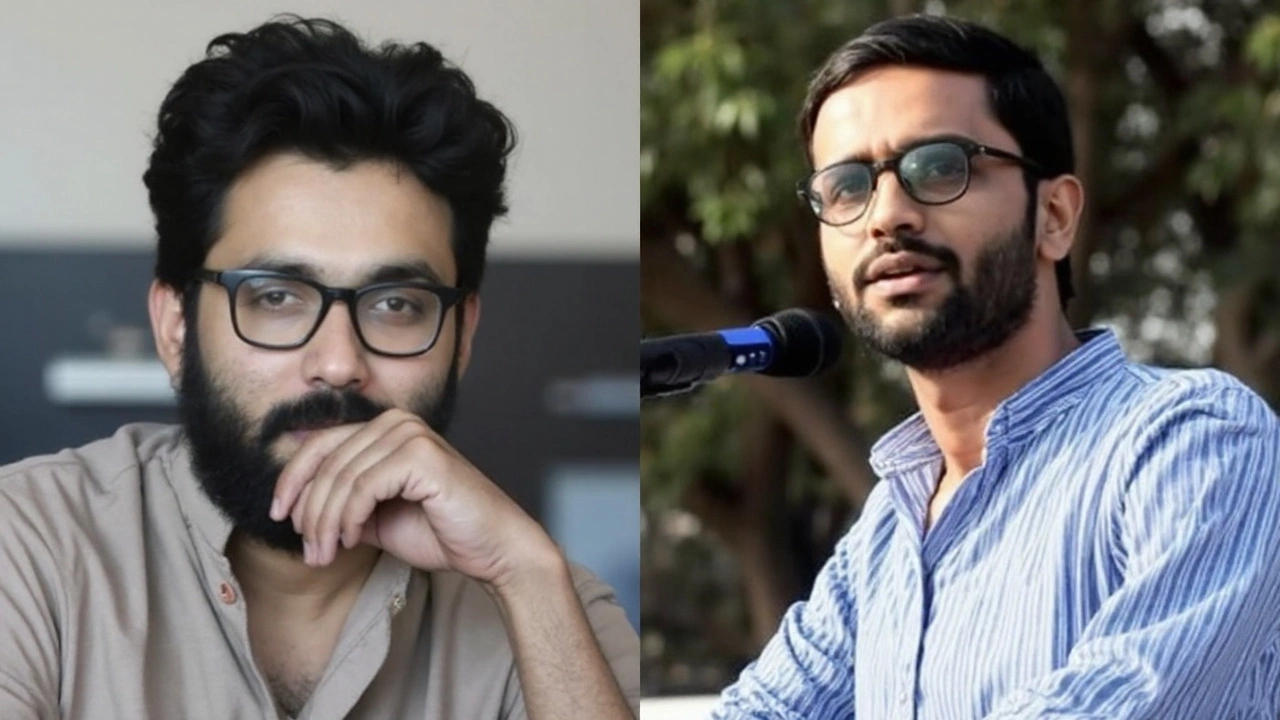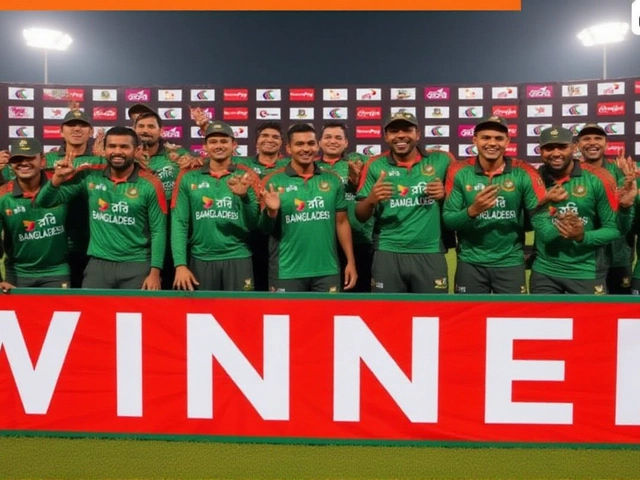
Delhi High Court calls the 2020 riots a planned conspiracy, keeps bail bar intact
The Delhi High Court has refused bail to ten accused in the so‑called “larger conspiracy” case linked to the February 2020 Delhi riots, holding that the material on record points to a pre‑planned, coordinated operation rather than a burst of spontaneous violence. A bench of Justices Navin Chawla and Shalinder Kaur delivered the verdict on September 2, 2024, weeks after reserving orders on July 9.
The order covers the bail pleas of Sharjeel Imam and Umar Khalid along with Mohd Saleem Khan, Shifa‑Ur‑Rehman, Athar Khan, Meeran Haider, Shadab Ahmed, Abdul Khalid Saifi, and Gulfisha Fatima. The case stems from an investigation by the Delhi Police Special Cell into an alleged conspiracy that prosecutors say weaponised anti‑CAA protests into city‑wide unrest in Northeast Delhi.
The court endorsed the prosecution’s core narrative: the riots were the result of a well‑orchestrated design. Prosecutors argued there was advance planning, layered logistics, fund flow, and coordination across protest sites—far beyond the contours of lawful dissent. The bench, applying the restrictive bail standard under the Unlawful Activities (Prevention) Act, said the accusations could not be called groundless at this stage, and a deeper evaluation would amount to a mini‑trial.
The accused face a raft of charges under the IPC and the UAPA, including Sections 15 and 16. Section 15 defines a “terrorist act,” while Section 16 prescribes punishments that can extend to the death penalty if the act results in death. Under Section 43D(5) of the UAPA, courts must deny bail if the accusations, on the face of it, appear true—a high bar shaped by Supreme Court precedent.
Defense lawyers had stressed that the accused are political activists and students, not organisers of violence, and that the case relies on speeches, WhatsApp messages, and associations rather than acts of terror. They flagged prolonged incarceration—over five years for several appellants—as a violation of the right to a speedy trial. The bench rejected the plea on delay, stating that hurrying through a complex trial with voluminous records would prejudice both sides and damage the fairness of proceedings.
The court also refused to extend “parity” with co‑accused who had earlier secured bail in related cases. Bail, it said, turns on the specific role and evidence against each accused; one order cannot be a template for another. In effect, prior relief to others could not, by itself, pull these applicants over the UAPA bail threshold.
The violence in February 2020, which coincided with protests against the Citizenship Amendment Act and discussions around the National Register of Citizens, left 53 people dead and over 700 injured. More than 1,500 properties were damaged. The police have filed multiple charge sheets and supplements in the conspiracy case, citing material drawn from digital devices, chats, witness statements, and financial trails.
Who is before the court? The list includes known student leaders and activists from Delhi’s protest scene:
- Umar Khalid, activist and former JNU student
- Sharjeel Imam, activist, arrested on January 28, 2020, from Bihar
- Shifa‑Ur‑Rehman, associated with alumni networks
- Meeran Haider, student leader
- Gulfisha Fatima, community organiser
- Abdul Khalid Saifi, activist
- Mohd Saleem Khan, Athar Khan, and Shadab Ahmed, among others named in the conspiracy FIR
The charge sheets in the “larger conspiracy” FIR have long been a point of contention. The police say the material shows a pattern of mobilisation—calls for a “chakka jam,” layered protest sites, and a logistics backend that allowed blockades to escalate during a sensitive political moment. The defense says the case criminalises dissent and stretches the definition of a “terrorist act” to cover speeches, sit‑ins, and chat groups.
For now, the High Court has signaled deference to the statutory bar on bail. It emphasised that the role of the appellate court at this stage is narrow: to see if the accusations appear prima facie true, not to weigh evidence as a trial court would during final judgment.

What next: a Supreme Court test of liberty, delay, and the UAPA bail bar
Within hours of the High Court’s decision, Sharjeel Imam moved the Supreme Court, challenging the denial of bail. His petition argues that keeping an undertrial behind bars for more than five years—when the trial remains at a pre‑trial stage—amounts to punishment without conviction. Listing is expected soon, and other accused could follow with their own challenges.
The Supreme Court has walked this tightrope before. In Zahoor Watali (2019), it set the tone for a stringent bail threshold under the UAPA, saying courts should not dissect the prosecution case at the bail stage. But in K.A. Najeeb (2021), it held that prolonged incarceration and a sluggish trial can tilt the balance towards liberty despite the statutory bar. Later orders in UAPA matters have also factored in delay, health, and the limited scope of prima facie review.
That is the clash now in focus: should the “prima facie true” filter trump every other consideration, or can long custody and courtroom delays pierce that shield in hard cases? The answer will decide whether some of the accused get interim relief or continue in pre‑trial detention.
Expect the Supreme Court to look at a few specifics. First, the pace of the trial—how much evidence is left, how many witnesses have been examined, and realistic timelines. Second, the nature of each accused’s role—speech, association, logistics, or direct involvement in violence. Third, the possibility of tailored conditions: no public addresses, no social media, restricted travel, periodic check‑ins, and electronic monitoring—conditions courts have used in other sensitive cases.
Another strand the top court may revisit is parity. In 2021, the Delhi High Court granted bail to some student activists in related FIRs; parts of its reasoning were later kept under scrutiny by the Supreme Court, even as the bail orders were not disturbed. The broader message since then has been clear: definitions of “terror” cannot be expanded casually, but the UAPA’s bail bar remains firm unless an accused clears a high prima facie threshold—or shows exceptional delay.
How the Supreme Court rules here will ripple beyond this case. It will shape how trial courts handle voluminous conspiracy prosecutions, how investigators present “prima facie” material at the bail stage, and how long an undertrial can be held when the calendar keeps slipping. The stakes are highest for those who have already spent years inside as undertrials, waiting for proceedings to move from framing charges to examining key witnesses.
For now, the High Court’s order stands: the case stays on the UAPA track, the bail bar applies, and the defendants remain in custody. The next move belongs to the Supreme Court—where the competing claims of national security, protest politics, and personal liberty will meet once more under the shadow of UAPA.
More Articles

Bangladesh crush West Indies by 179 runs to seal 2-1 ODI series win in Dhaka
Bangladesh defeated West Indies by 179 runs in Dhaka on October 23, 2025, to win the ODI series 2-1, marking their second-largest ODI victory ever and fourth straight home series win over the Caribbean side.

Amit Shah to address six public rallies in Bengal today?
Amit Shah, the Union Home Minister, is set to address six public rallies in West Bengal today. The rallies are part of the Bharatiya Janata Party's campaign for the upcoming West Bengal Assembly elections. The rallies are scheduled to be held in the districts of North 24 Parganas, South 24 Parganas and Kolkata. The BJP is hoping to make a dent in the state's politics by winning the upcoming elections.

KL Rahul and Athiya Shetty reveal baby daughter’s name Evaarah on his 33rd birthday
KL Rahul and Athiya Shetty revealed their daughter Evaarah Vipula Rahul’s name and first photo on his 33rd birthday, calling her a 'Gift of God'—a quiet, heartfelt moment amid AI-generated fake photos and public scrutiny.
